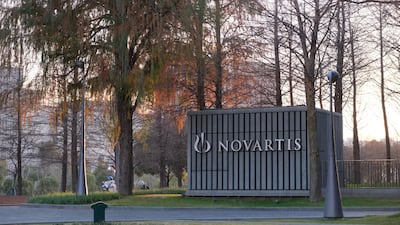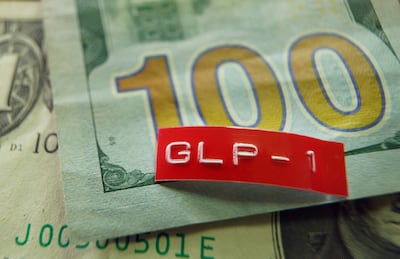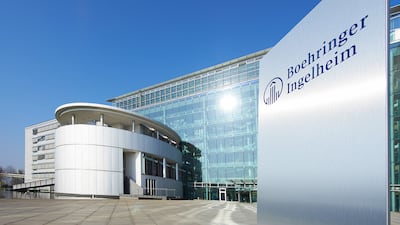China
Country
The Novartis CEO believes the west has much to learn, especially in terms of clinical trial regulations and enrolment.
Slovenia’s Krka is ramping up capital spending to expand global manufacturing capacity, betting that industrial scale and supply resilience will drive its next phase of growth.
Among the Chinese AI firms raising new funding, Deep Intelligent Pharma has bagged a total of $110m in two rounds of funding since last December, while Levinthal, OxTium and Aureka have also closed new investment rounds.
With capital being recycled, tariffs settling and interest rates softening, 2026 could provide more investment and growth opportunities in pharma and medtech, with AI giving a tailwind, say Taylor Wessing’s Ross McNaughton and Sarah Cole.
Sunshine Pharma plans to invest at least $14m to set up a joint venture with fellow Chinese firm XtalPi, with goals including the discovery and development of novel molecules for autoimmune disorders.
UK major will bag CSPC’s eight preclinical drug candidates in weight management, including most advanced asset SYH2082, a long-acting GLP-1/GIP receptor agonist with once-monthly dosing potential.
Multiple Chinese biotechs are seeking to raise new funds through IPOs on the Hong Kong and Beijing stock exchanges to support international clinical trials for their first-in-class molecules.
Deal Snapshot: The German group is the latest big pharma to partner with one of China's most prolific dealmakers in an agreement that could be worth over $1bn.
The medtech industry has been disrupted by tariffs and China’s volume-based procurement policies. While India is expected to emerge as a key long-term growth market, near-term upside may come from a potential rebound in EU attractiveness following the MDR reform proposals in December 2025.
Scrip senior editor Jessica Merrill, Scrip US managing editor Mandy Jackson and In Vivo senior reporter David Wild discuss trends and topics from interviews and presentations at the J.P. Morgan Healthcare Conference and Biotech Showcase.
Generics Bulletin reviews global regulatory developments across the world.
“We remain fully committed to the integrated growth strategy that has enabled us to deliver significant growth and value creation, over the better part of the past decade,” says CEO Shailesh Jejurikar as firm reports net sales up 1% in latest quarter.











